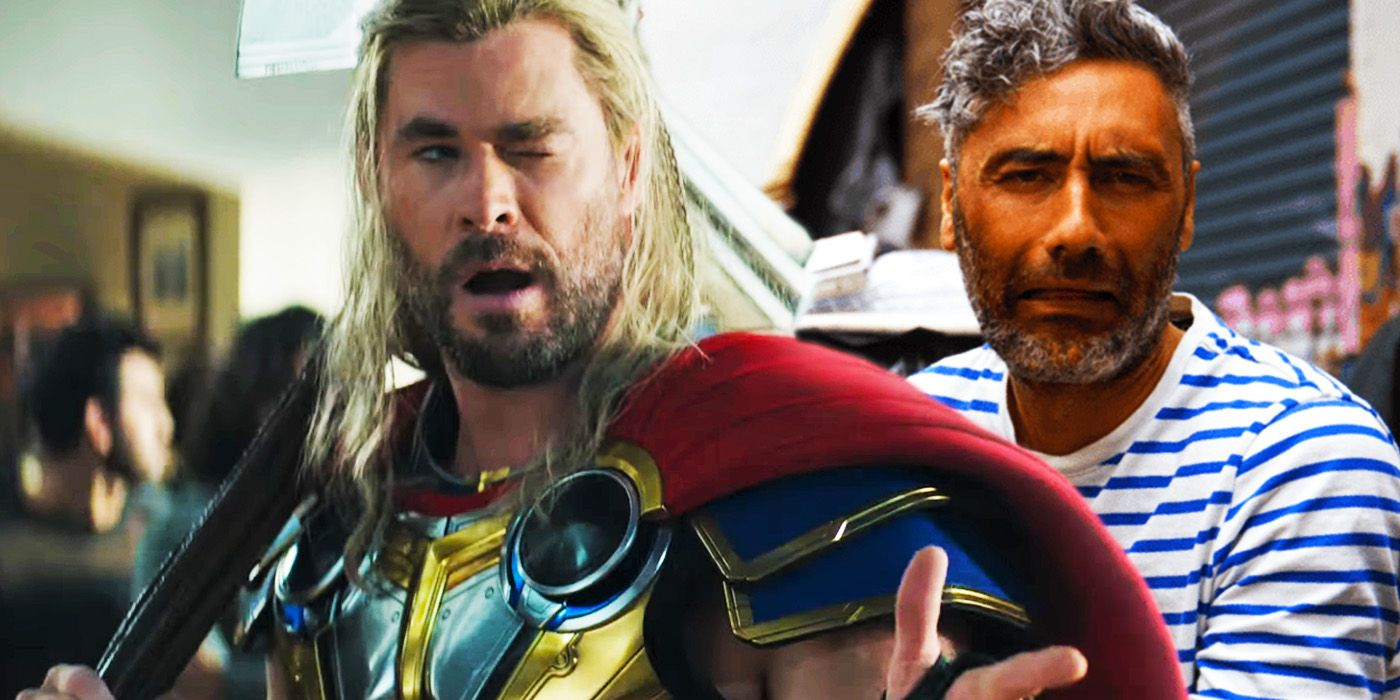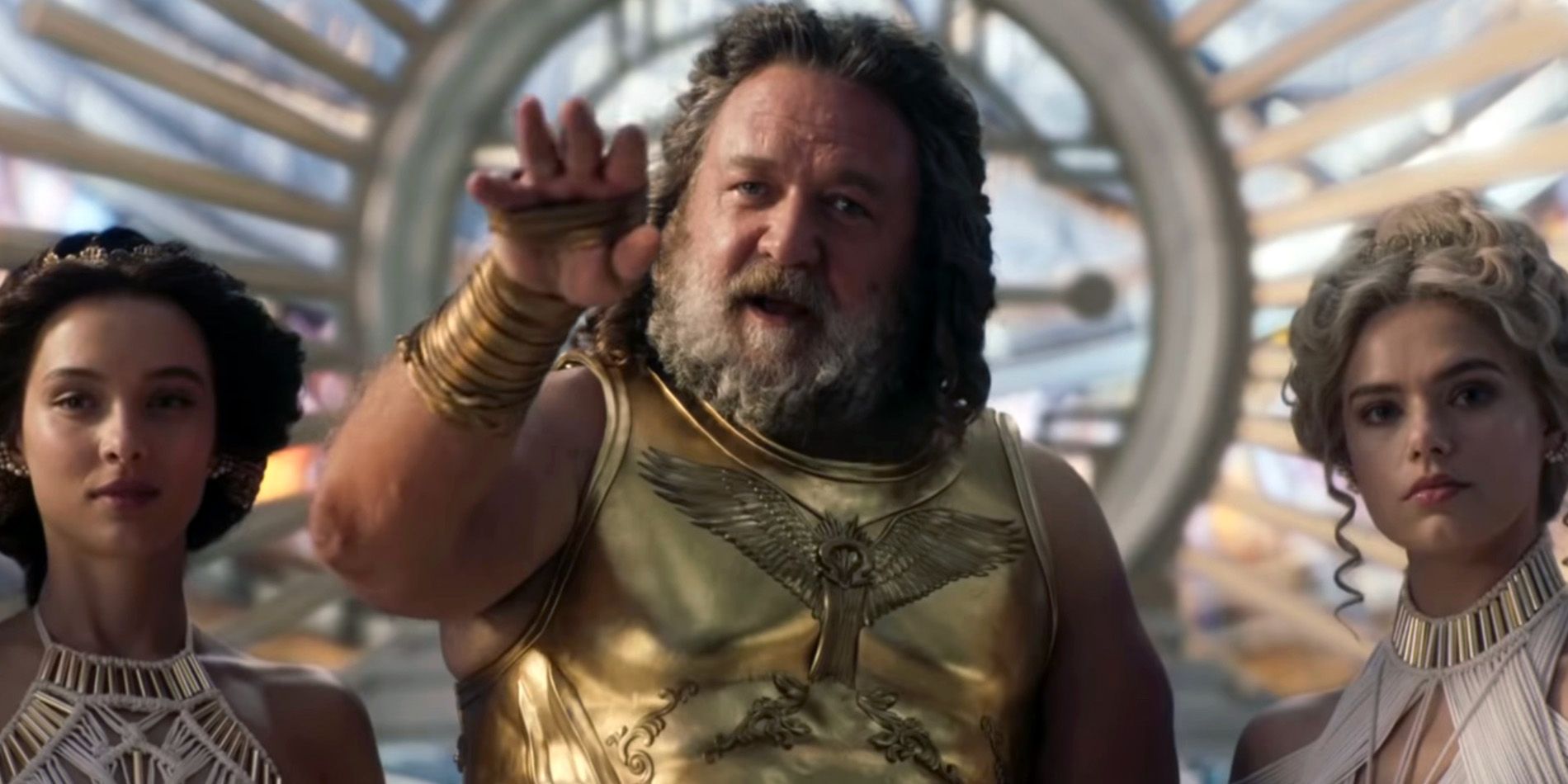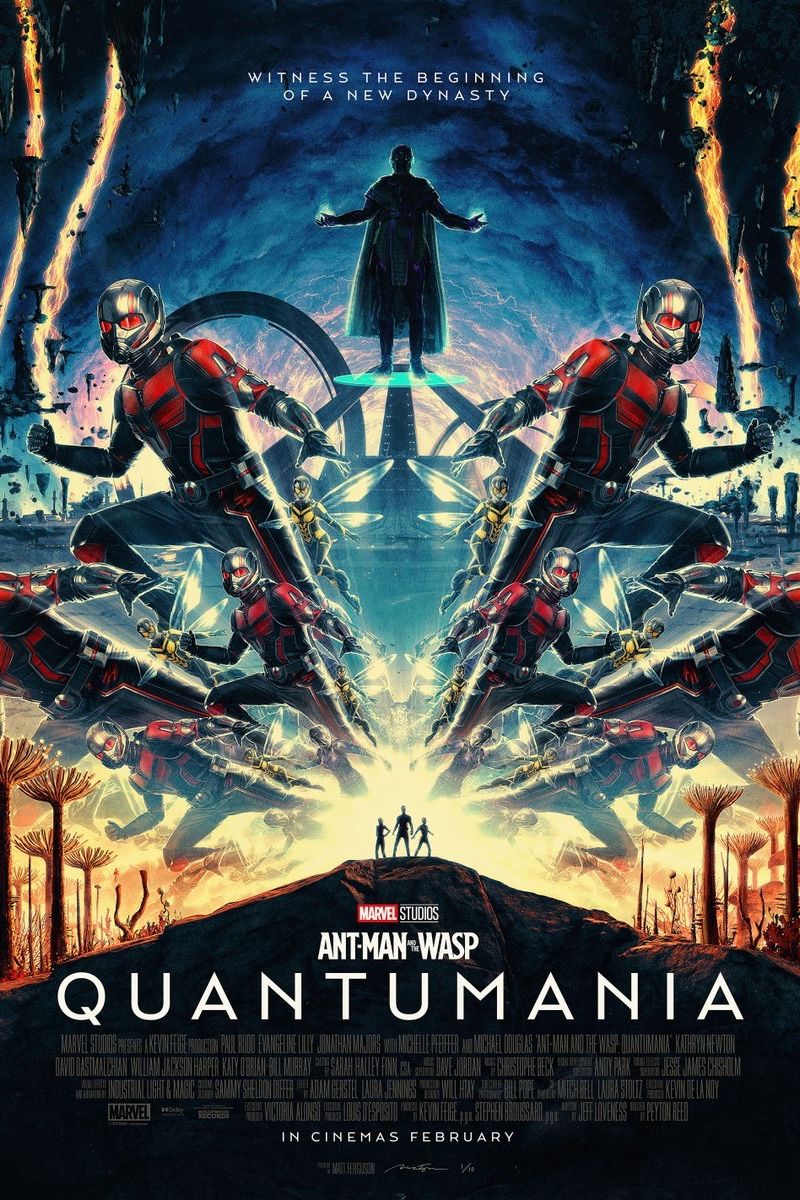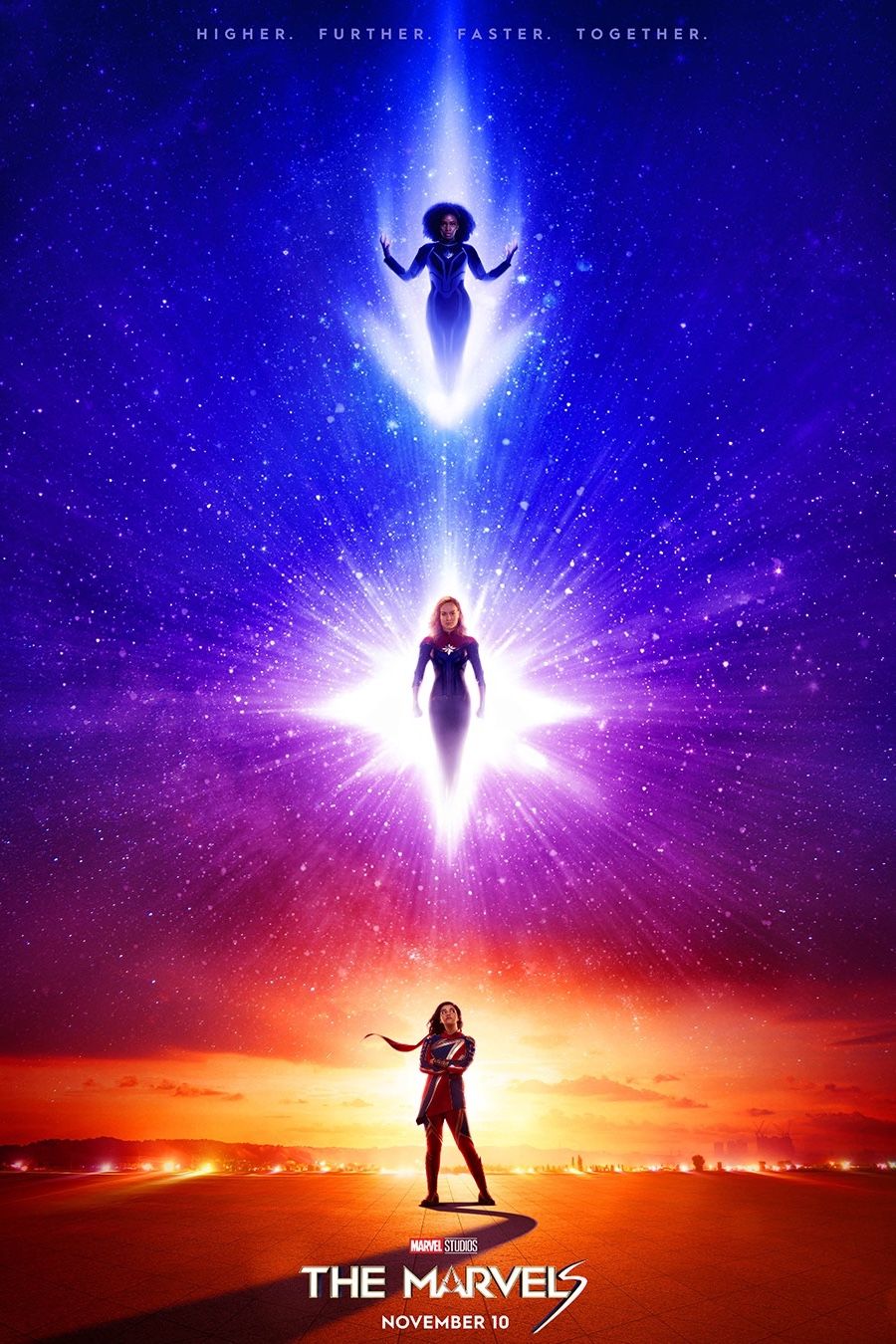Thor: Love and Thunder's mixed reception shows that the comedy associated with the Marvel Cinematic Universe has become excessive. Taking place as Thor's first on-screen adventure post-Avengers: Endgame, Thor: Love and Thunder pits the Asgardian God of Thunder against the vengeful Gorr the God Butcher (Christian Bale), who is out to eliminate all gods in the universe. For as bloodthirsty a villain scheme as that sounds like, Love and Thunder is far from a dark movie.
Building on the light-hearted tone of 2017's Thor: Raganork, Love and Thunder is perhaps the best candidate for the out-and-out wackiest movie the MCU has ever produced. Director Taika Waititi, known for his penchant for comedy, injects even more humor into Love and Thunder than was in Ragnarok, which was itself a highly comedic entry in the MCU. However, along with the generally shakier reception of Marvel's Phase 4, Love and Thunder has seen a mixed response, with the sheer amount of comedy in the film being widely as a major and possibly even dominant factor in that reception.
Of course, an emphasis on comedy is anything but new for Marvel, being a staple of the MCU from its beginnings in 2008 with the first Iron Man. Love and Thunder, far more so than the average MCU film, is very much a comedy outright. As the mixed reaction to Love and Thunder makes clear, even the calling card of a successful franchise can be overplayed.
Marvel Has Always Been Big On Comedy, But Even It Can Go Overboard
The problem with Love and Thunder putting so much effort into making its audience laugh is the imbalance that creates in the movie's attempt to establish great stakes. Thor's returning love and new Mighty Thor Jane Foster (Natalie Portman) and the tonally at odds mission of Gorr take a quite perceptible backseat to Love and Thunder's nearly constant avalanche of jokes. The trip Thor and his allies take to Omnipotence City also demonstrates the film's lopsided emphasis on comedy.
The sequence is primarily a comedy routine with Zeus (Russell Crowe) refusing Thor's request for help against Gorr in very zany fashion, and the bulk of the rest of Love and Thunder follows its example. The unfortunate side effect is that it leaves elements like the tragedy of Gorr's past and Jane's reconnection with Thor in the face of her own mortality with far less room to breath. When a movie like Love and Thunder is as much of a slapstick romp as it is, the emotional spectrum it operates on becomes considerably more narrow.
That is not to say that Marvel needs to abandon its long-running template of comic relief after the comedic end of Love and Thunder. Jokes are part and parcel of the MCU experience, and characters like Tom Holland's Spider-Man in his increasingly centralized role in the franchise ensure that Marvel's jokes are nowhere near disappearing. With the unusually mixed reaction among Marvel movies that it has seen, Thor: Love and Thunder makes clear that there is indeed a ceiling on how far the MCU has elevate its comedy meter.







